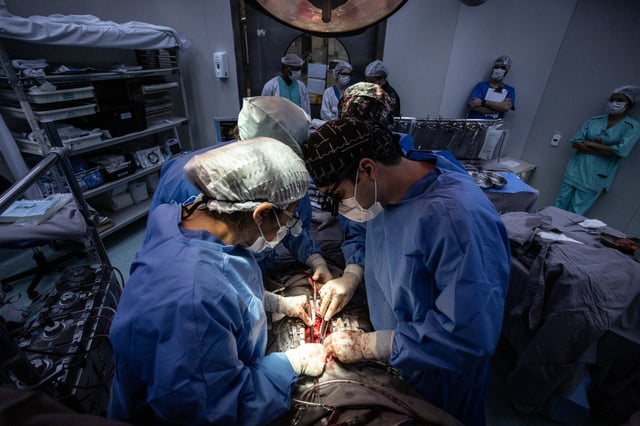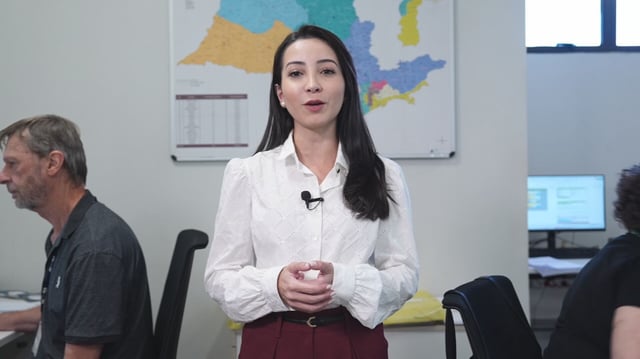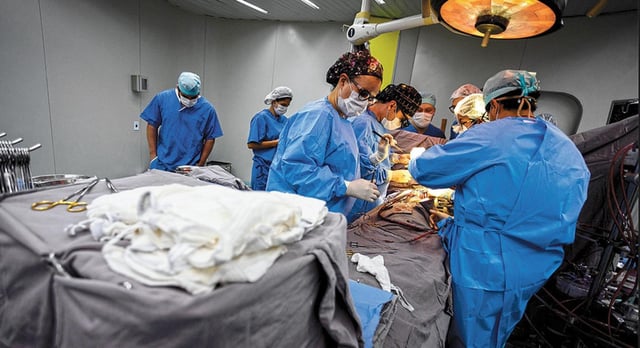Overview
- The Health Ministry debuted the campaign “Você diz sim, o Brasil inteiro agradece” and signed a portaria establishing the Política Nacional de Doação e Transplantes at an event in São Paulo.
- Annual funding totals R$20 million, with R$13 million for new procedures and technologies and R$7.4 million for Prodot to improve family authorization rates.
- Intestine and multivisceral transplants are now regulated and covered by SUS, with five centers in São Paulo and Rio de Janeiro initially authorized and additional sites planned over time.
- The policy incorporates virtual crossmatch, creates prioritization for highly sensitized patients, adds routine chimerism testing for marrow transplants, and broadens use of amnion membrane for burns.
- Brazil recorded 14.9 thousand transplants in the first half of 2025, yet 45% of families decline donation; allocation uses 24/7 automated matching with medical urgency criteria, and donation requires family consent after brain death.



